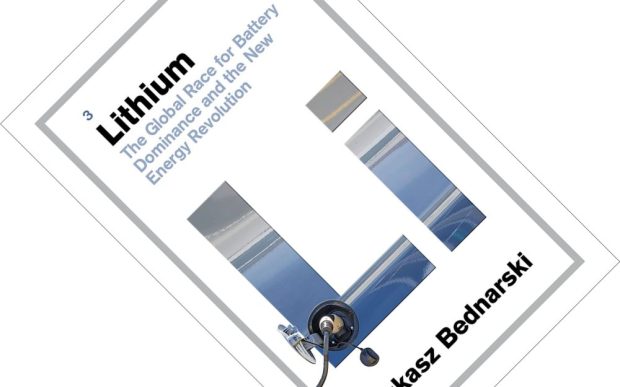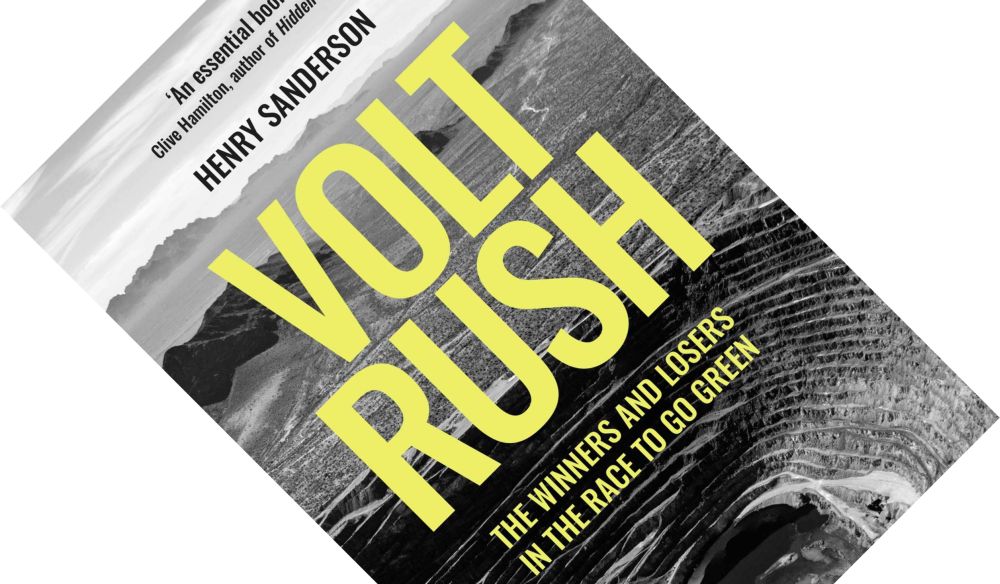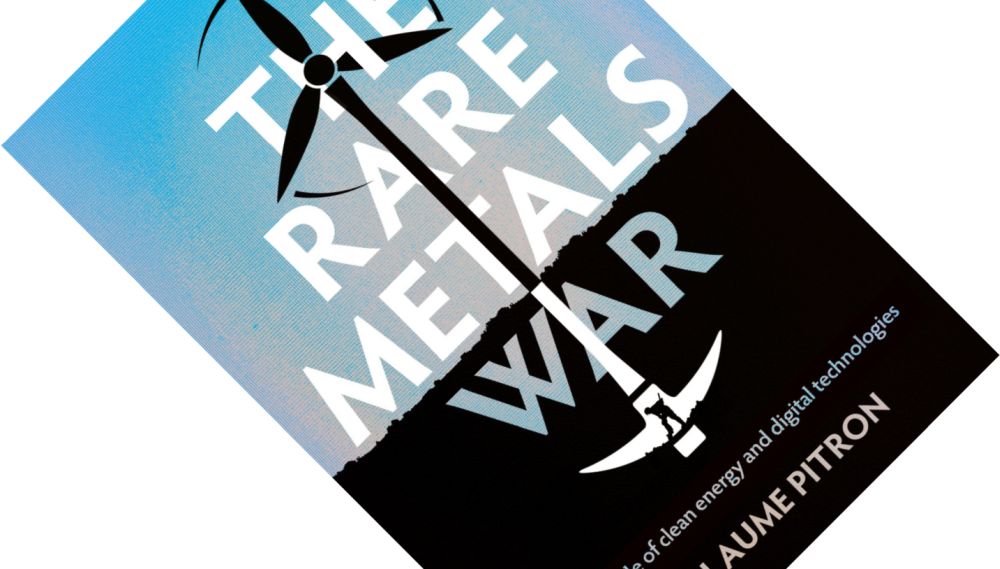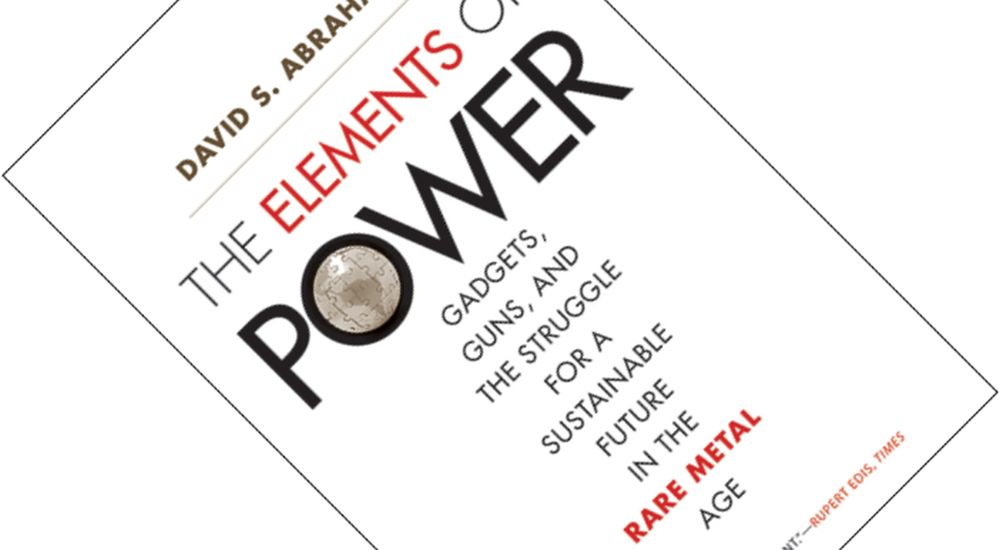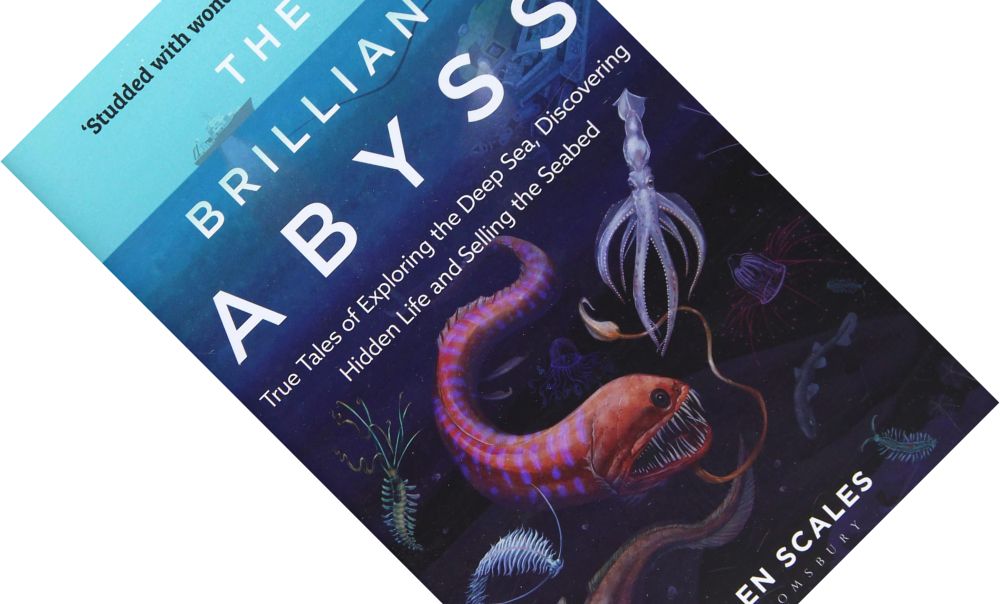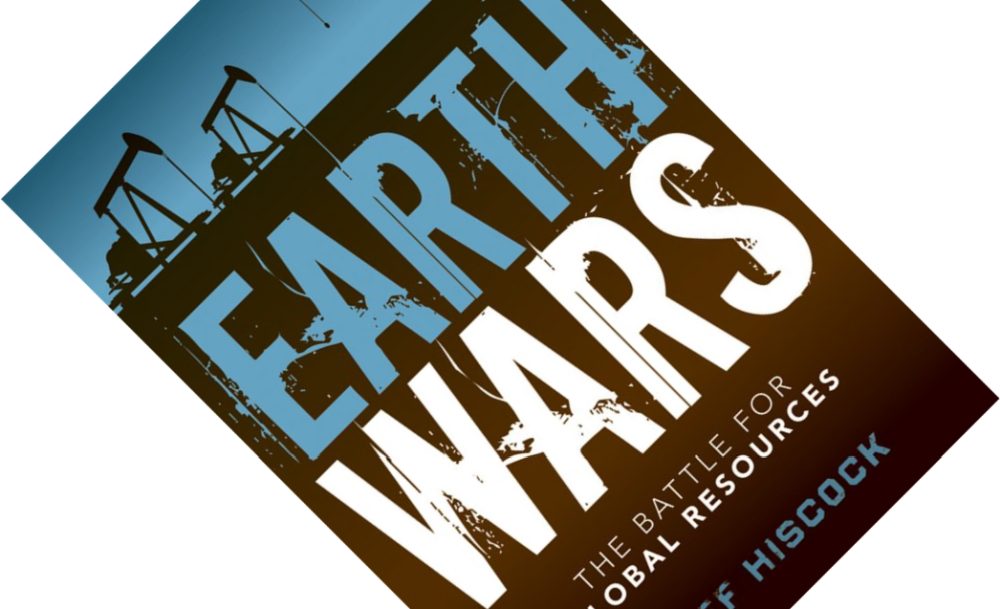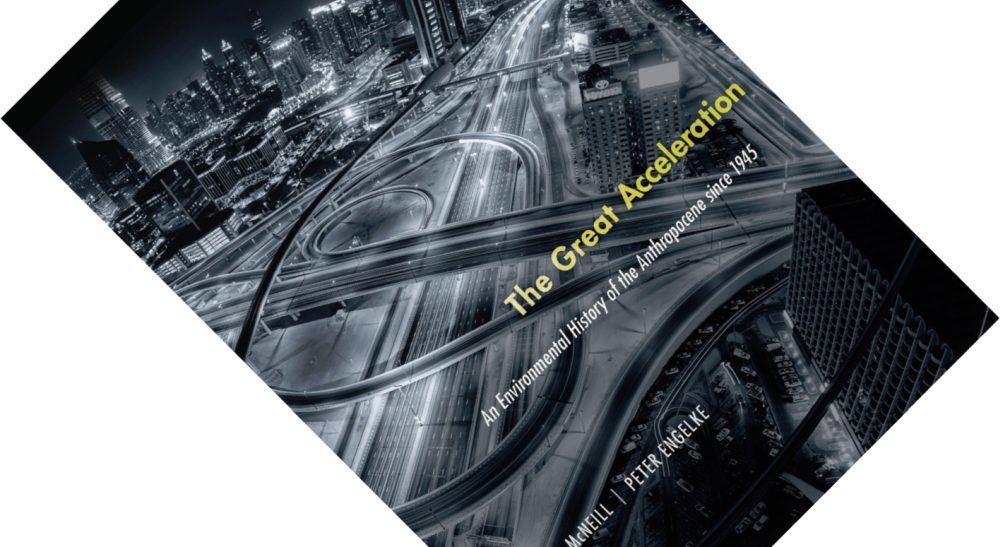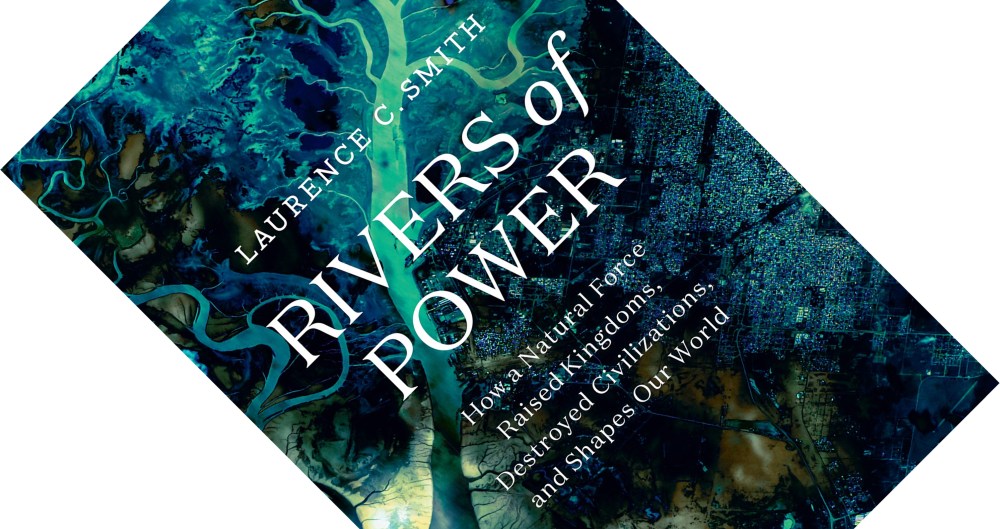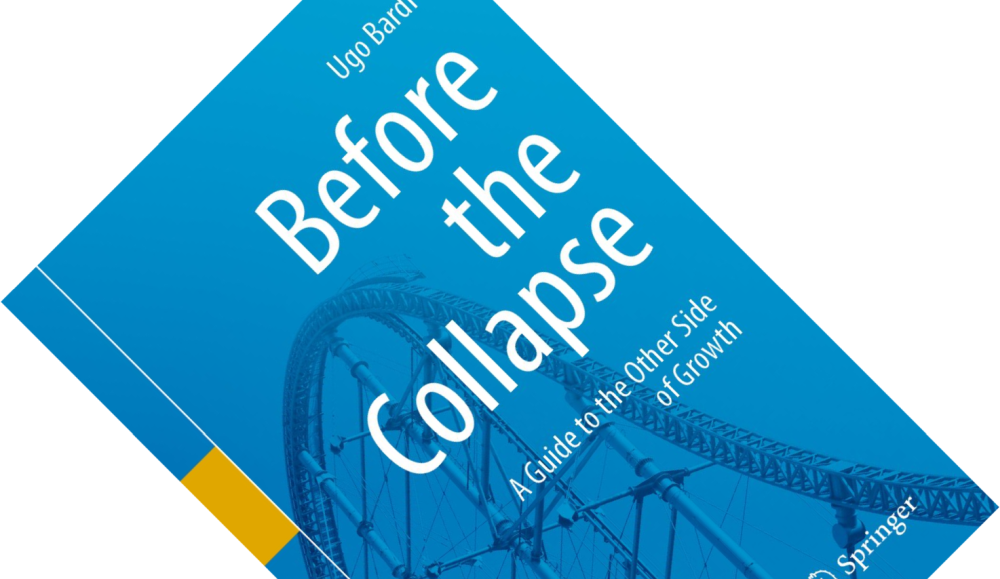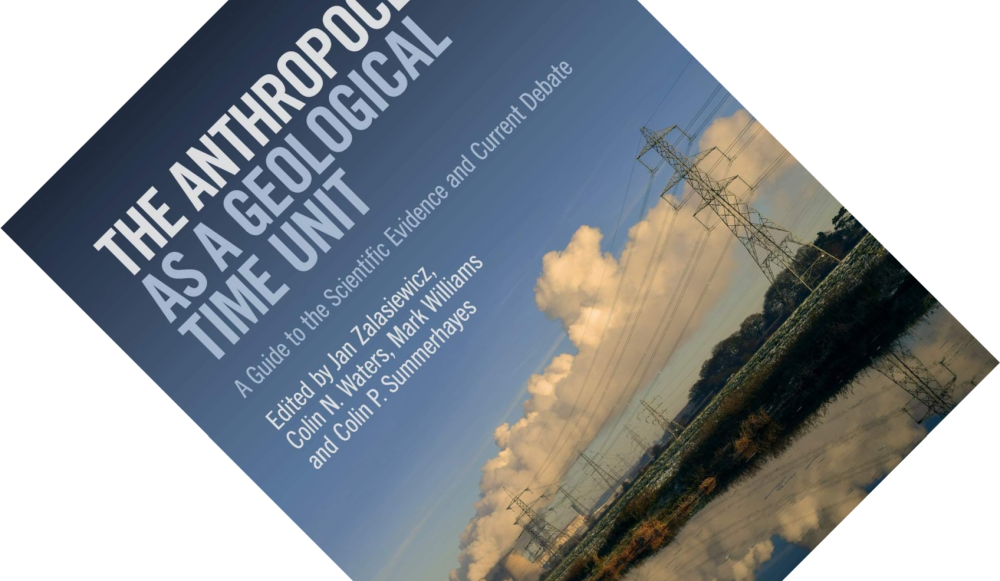7-minute read
keywords: economics, natural resources
This is the second of a two-part review on the batteries that are powering electric vehicles (EVs). Where the previously reviewed Volt Rush gave a good general overview of the challenges and opportunities that come with mining the metals needed for batteries, Lithium takes a deeper dive into the one metal common to many different batteries on the market today. An informative book with a pragmatic outlook, it provided much more information on the dominant role of China and the large lithium reserves in South America.

